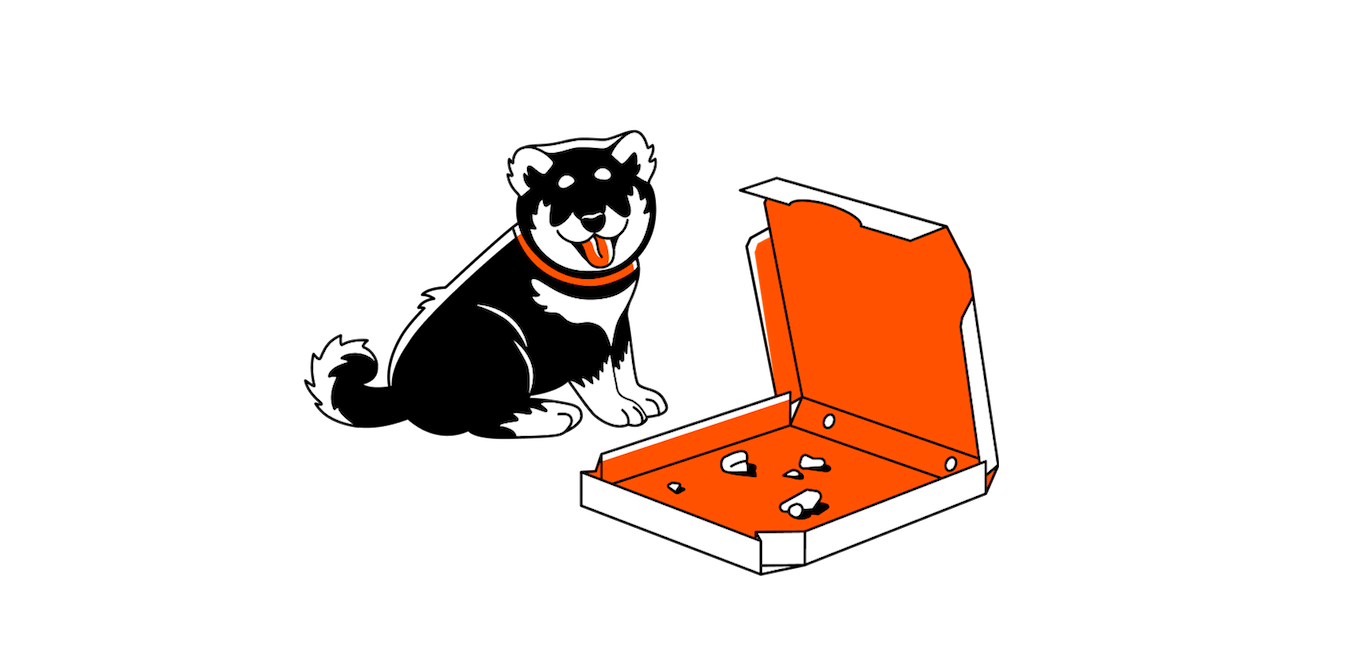
Why we’ve closed our pizzeria in California after only 3 weeks
07 March 2019
We have closed our pizzeria in California.
In Los Angeles, Dodo Pizza worked for just three weeks. Overall, we’ve got more than 450 pizzerias in our chain already. Our company has been working for eight years now, and in all this time we’ve closed only three pizzerias. So what happened in California?
On our map, the Los Angeles pizzeria appeared as a surprise. We hadn’t built it from scratch. It was the result of our current guerilla tactics in the vast and complex US market. The Los Angeles pizzeria was there, and then, in a blink of an eye, it was not.
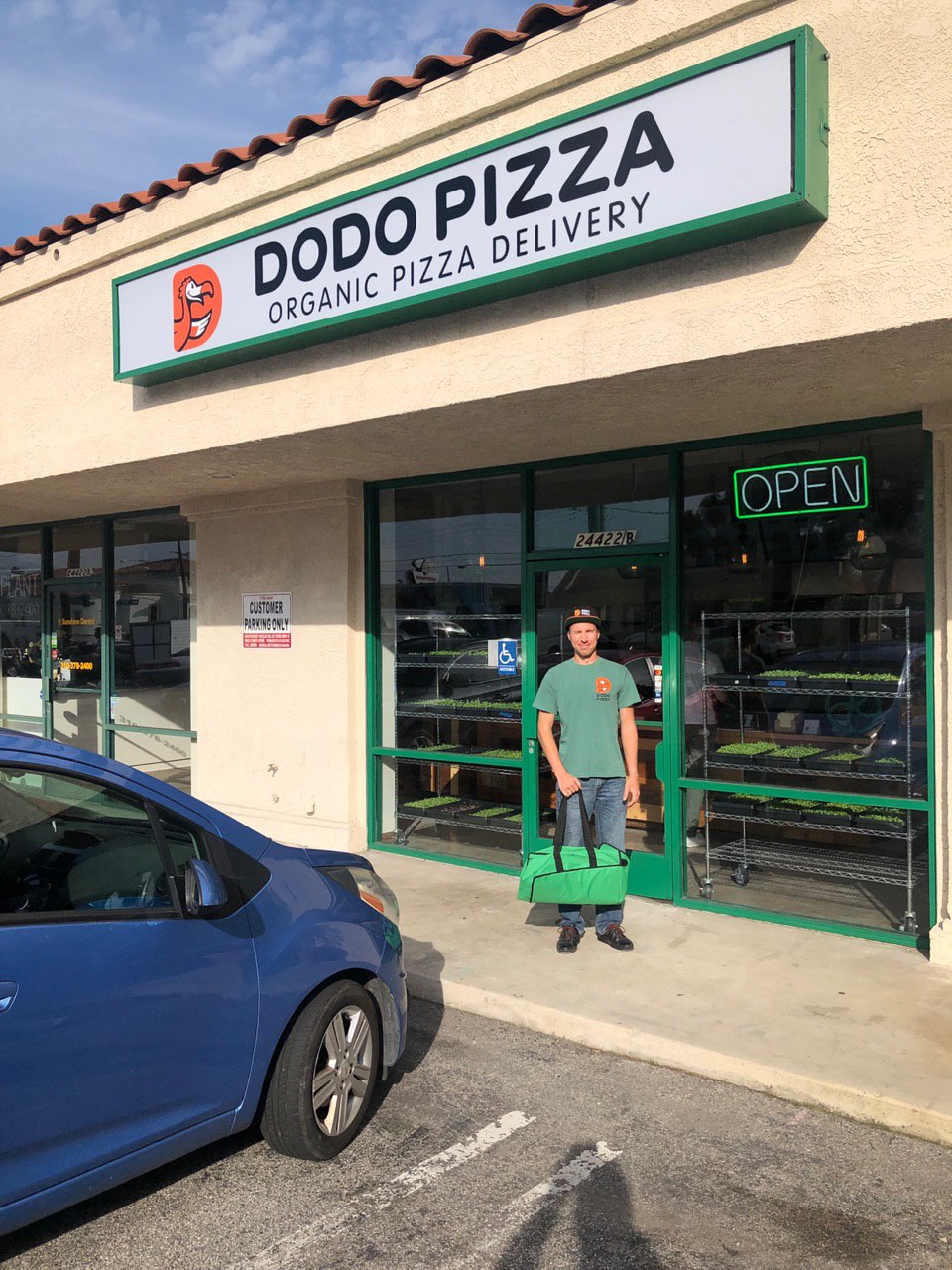
One day, an American entrepreneur named John decided to open a pizzeria in Torrance, Los Angeles County. He had some spare capital, and a pizzeria was kind of a venture project for him. He designed a concept, created a trademark, and invented recipes. Preparing for the opening, John had found out about our company and got interested. We got in touch. He even began to design his own Dodo IS counterpart because he planned to build his own pizza chain in the future.
The pizzeria opened late last year. By the second month, it occurred to John that pizza delivery was a complicated business, and he didn’t want it after all. When yet another employee hadn’t come to work, John wrote to me and suggested we buy or manage his pizzeria. Currently, our company doesn’t focus on expansion in America, so I declined but recommended him to contact Alena Tikhova, our franchisee and the owner of two Dodo Pizzas in Mississippi and Tennessee. Alena came to California, and they agreed on a partnership. In accordance to their agreement, John’s pizzeria took the Dodo Pizza brand name, Alena became its manager, and John remained the business owner.
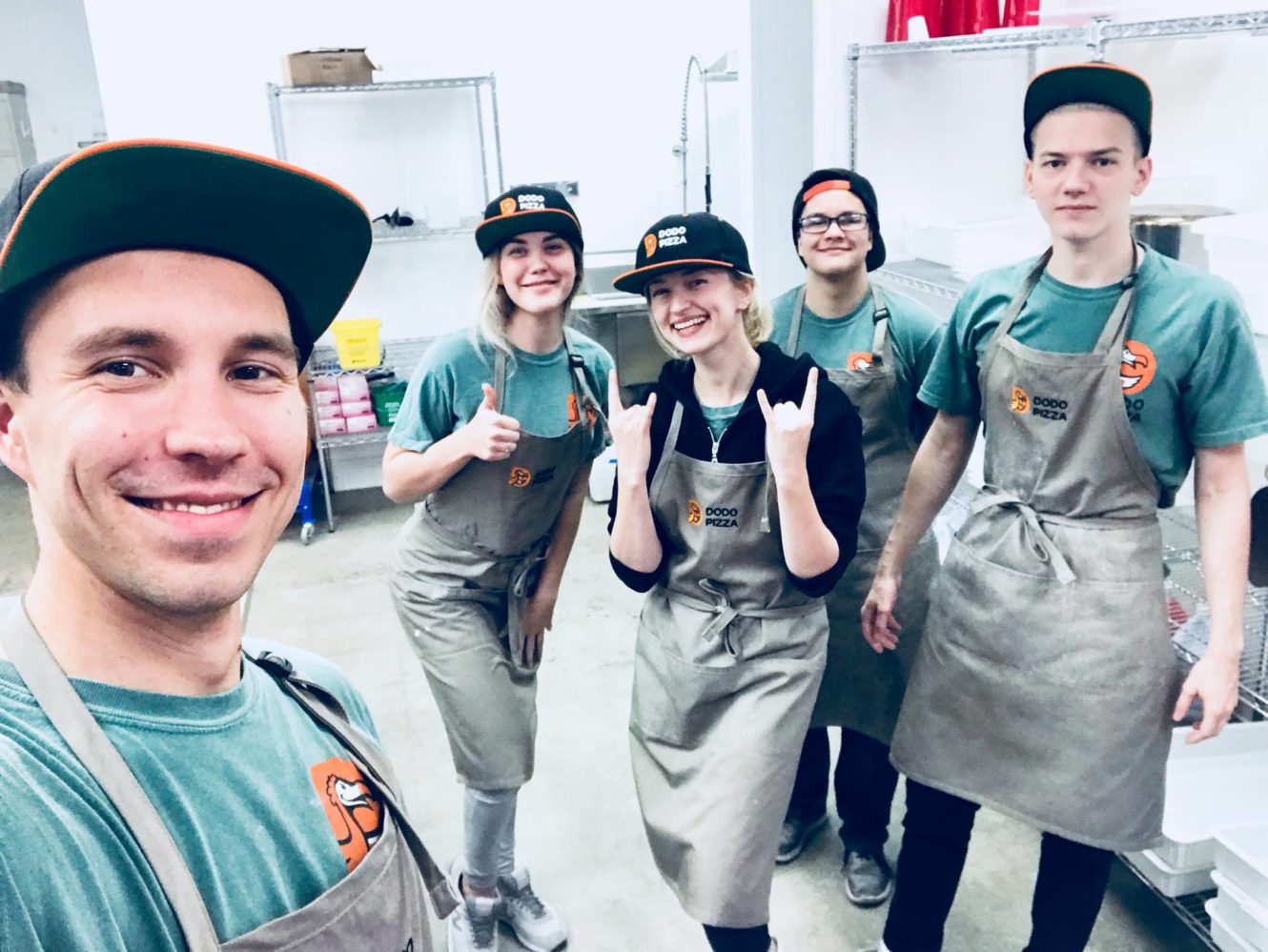
Promptly, Alena moved to California, organized ingredient delivery, put together a team, and the pizzeria made a good start. Unfortunately, Alena’s partnership with John was not going so well. It turned out, John was having trouble trusting Alena and giving up everyday operational control. Their attitudes towards marketing were different. I was coming to California to meet John, but when we did meet, he suggested I buy the pizzeria out or find investors who could do that in my stead. We had discussed all possible solutions, and Alena made a decision to close the pizzeria. John and Alena shook hands and parted on good terms.
Business is not only about triumphs, it is also about mistakes and defeats. However, every mistake is a step forward. It’s a new lesson and a new experience. Not all possibilities come to fruition. But whatever happens, we are going to continue trusting people, because only through trust can we achieve outstanding results.
So that seems to be the end of our California story. But undoubtedly, that was only the first chapter. We will certainly return there in the future. You might be surprised, perhaps, that a big pizza chain doesn’t have an exact business strategy, and in fact makes use of chance opportunities trying to crack the most complex pizza market. You might say, perhaps, that this is not a serious attitude, but then, Dodo Pizza is kind of a not-so-serious company.
Learning our story, business school graduates asked me, “Wait, you could do that?” Our unconventional business attitude is the very thing that allowed our company to achieve everything we have done. In just eight years, in an old and crowded market, without resources, based in a small town in northern Russia, we’ve built a large pizza chain, leaving behind all our international competitors who had been working for 20 years already in this market. And we haven’t just left them behind. Nowadays, there are more Dodo Pizzas in Russia than Papa John’s and Domino’s pizzerias combined. When you don’t have any resources, you’ve got but one choice—work hard, be original, and be flexible.
So, how come we came to America?
Our American launch was a matter of survival. At the end of 2013, there were 15 Dodo pizzerias, our headquarters was still in Syktyvkar, but we had big plans. We wanted to reinvent pizza delivery business through technology and build a global company on the principles of openness and partnership. We were expanding our pizza chain, and also designing our own IT system. And we needed long-term investments. In autumn of 2013 I tried to raise funds, but I did not succeed in convincing Russian venture investors that we actually had a chance to build something big. We did not give up though, and we took a risk. We announced a crowdfunding campaign, so that everybody could invest $5,000 or more in our company.
And people believed that we had a chance to create a global company. In spring of 2014, we began to raise private investments and increase our expenditure. We couldn’t raise necessary funds all at once. All in all, we had planned to raise about two million dollars, but money was flowing in by degrees. If it stopped abruptly, we couldn’t reduce our expenditure quickly, and the situation could become rather dire. And in fact, that’s exactly what happened—by autumn of 2014, private investments began to dry up. The conflict in Ukraine began, and at the end of the year, ruble crashed, and investments ran out altogether. Investors stopped believing in the future. Nobody knew what was going to happen next; including me.
I started to weigh our possibilities. The scariest scenarios crowded my thoughts. I understood that if we couldn’t raise money, I wouldn’t even be able to pay wages. I didn’t know what was going to happen with the economy, and whether anybody would want to invest in the future anymore. I understood that everything we had already built was at great risk. But, I also believed that even in the most desperate circumstances there should be a solution—it’s just that sometimes, it's the most fantastic one. So I decided we should open a pizzeria in the US. I had come to realize that was the very moment when we should prove to our investors that we could survive in the most competitive market in the world. People—our investors, our team, and myself—had to believe we were able to grow into a global company. And if the worst-case scenario would come true in Russia, we would have a small foothold in America that would help us preserve everything we had created already. After all, Dodo IS could operate in any market.
That was like setting up a Mars colony to preserve life in case a disaster were to befall the Earth. And if the worst-case scenario would not come true, the American pizzeria would become our R&D facility where we could gather information and learn. When the time would come, it would allow us to grow and develop into the biggest pizza market in the world. That was our plan and our biggest goal, after all.
Opening a pizzeria in the US was a fantastic project. When I announced it, many people wrote that it was a joke or publicity gimmick, or I’d just lost touch with reality. That was just a way of thinking, of course, but generally it seemed inconceivable that a Syktyvkar company would up and launch a pizzeria in America. It simply doesn’t work that way, right? But we upped and set about it.
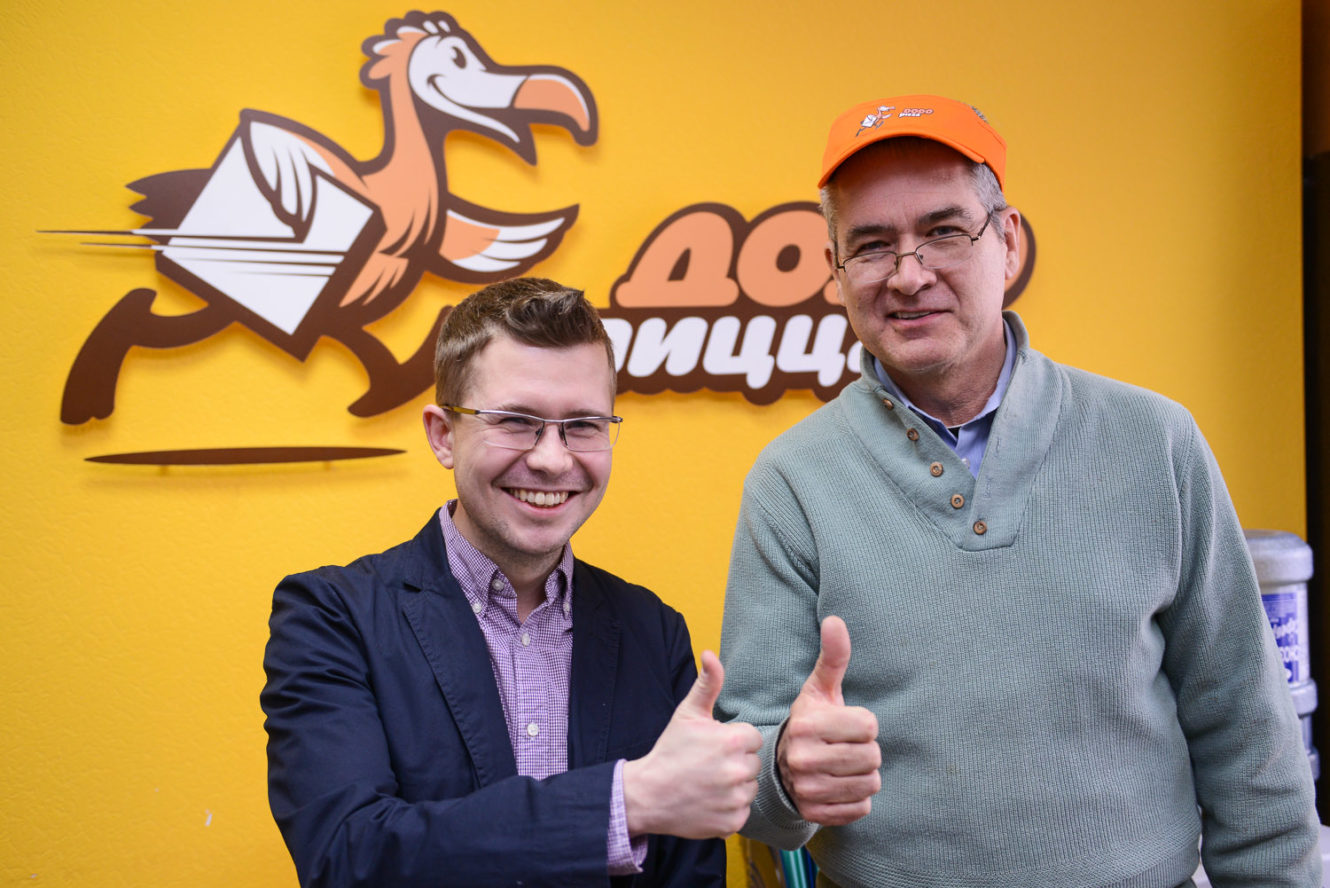
I had only one contact in the US—Steve Green, an entrepreneur and the PMQ Pizza Magazine publisher. We met when he had come to Russia to participate in the launch of his magazine’s Russian edition. We invited him to Syktyvkar, and he was very impressed by our pizzeria and our winter temperature of 40 degrees Celsius below. Then I went to visit him at his headquarters in Oxford, Mississippi. Frankly, I couldn’t speak English for the life of me, so my colleague helped us with translation. Somehow I had managed to convince Steve our intentions were serious. He agreed to help us with his contacts and knowledge, and suggested we open our first pizzeria right there in Oxford, and use his office and PMQ Pizza Magazine's kitchen as a base.
So we set about launching our pizzeria in the US. That was one of the biggest adventures in the history of our company. I suggested Alena Tikhova become the head of the project. She was our franchisee from Khimki, Moscow Oblast. She could speak English well. We bought the Khimki pizzeria out, and Alena became our manager and went to America. Also, Andy Kirievskiy joined our American team. About ten years previous, Andy had graduated from Virginia University and then stayed to work in America. He had been following our development, and when he had learned we were actually going to open a pizzeria in the US, he decided to change his life altogether and join our American startup. He left his job at a large company, sold his house in Richmond, and moved to Mississippi with his wife and two children to build our “American dream.” Alena and Andy worked a real miracle. Without serious support or a lot of resources, they had launched a pizzeria, and in several months it was already generating profit.
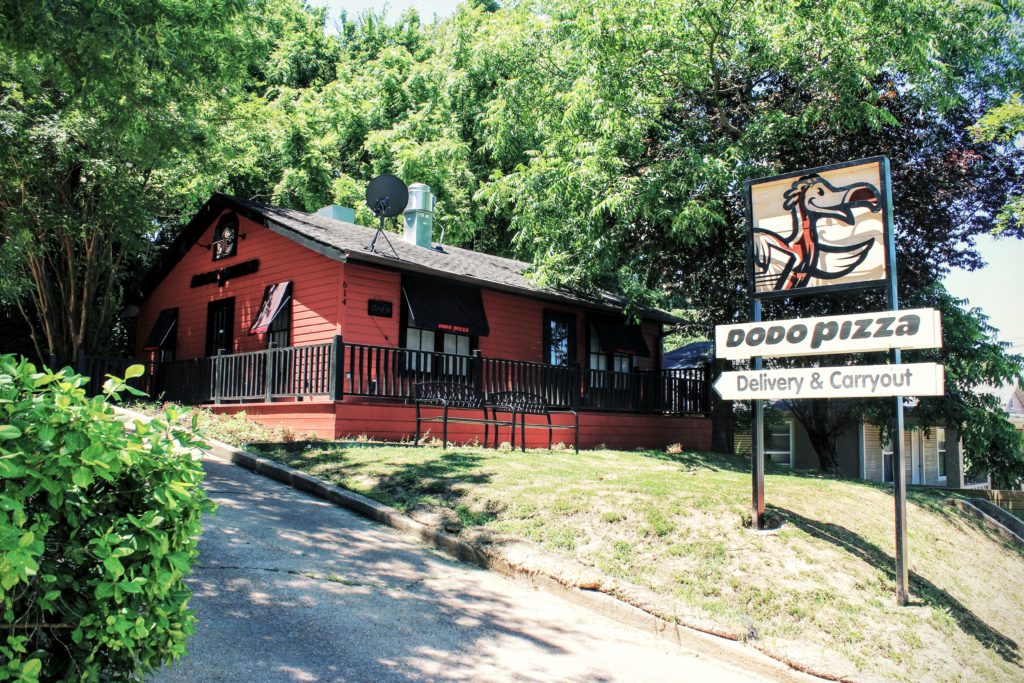
We’ve proved that we are able to work in a competitive market. We’ve proved that even the most fantastic goals could come true. Sometimes, we don’t act just because we think our goal is unachievable. But we had tried—and we succeeded. For our investors, that was the evidence our intentions of global growth were serious, and so we finally raised those planned 2 million dollars. In the end, so many people wanted to invest that we had to turn some of them down. That was a unique case in the history of Russian business. Nobody had raised such money by means of a crowdfunding campaign before. One venture investor even lost a bet to me. He didn’t believe that in Russia we could raise even $100,000 that way. He ended up working as a cashier in our Khimki pizzeria for a day—those were the terms of our bet.
Investments allowed our company to grow and develop our own IT platform. At a certain point, we built up at such a speed that nobody could stop us in the Russian market. But what about the US?
Our Oxford pizzeria was profitable, but we saw that we were not ready to conquer the American market just yet. We always were idealists and realists at the same time. The United States is the most competitive market in the world. It demands a lot of attention and resources. We were too young and green, our resources were limited, and we were not ready to grow there. We had a lot on our plate in Russia, where the final battle for the leadership was going on. In America, it made sense just to work day by day and accumulate experience for the future. For myself, I was ready to exercise patience, but I understood that Alena and Andy could not wait; we didn’t even know when we were going to proceed in the US. Our corporate business was tiny there. So we decided to reshape our partnership.
By that time, Alena was already preparing to launch the second pizzeria in Memphis, Tennessee. I suggested she buy our corporate pizzerias out on easy terms and by installments, and continue working under our brand name and within our system. That wasn’t even a franchising agreement as there were no royalties involved. But that was a win—win deal. Alena had but one goal—to survive and make money. Our goal was to keep American pizzerias; also, together with Alena, gradually improve our concept, menu, and IT system; and explore the American market further. Andy had also decided to open a pizzeria in Memphis, using our brand name and our IT platform under the same conditions.
What’s going on with us in the US now, and what are we planning? Currently, the US market is not a priority for us. Nowadays, there are three focal points of our development, and those are Russia with its neighbors, Europe, and China. We are planning to start growing in America in a few years, when we have more resources, and our team and Dodo IS are more mature. And for that we need to lay a foundation. At the moment, there are three Dodo Pizzas in Mississippi and Tennessee. Perhaps, in the mid-term future we will begin to expand our chain based on those three pizzerias. Or, perhaps, we will return to the US with our corporate business. We believe in openness, and we are going to operate there as we do in Russia. All statistics of our pizzerias will be open for everyone to see. Before we create a profitable and sustainable business model though, we won’t expand in the US.
And our future growth there won’t be possible without our current and future experience in that market. We’ve got a lot of interesting developments ahead of us.
Los Angeles—Moscow
